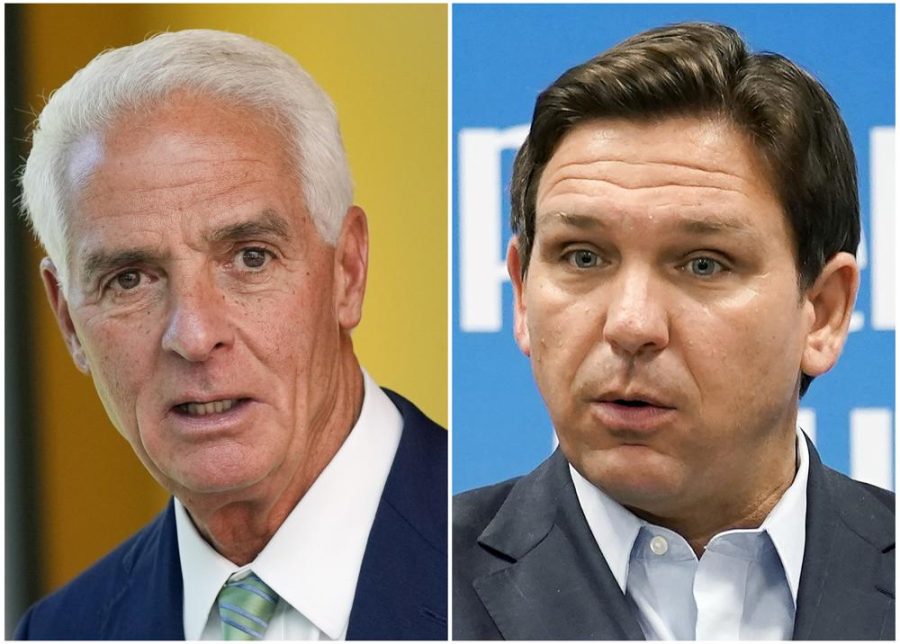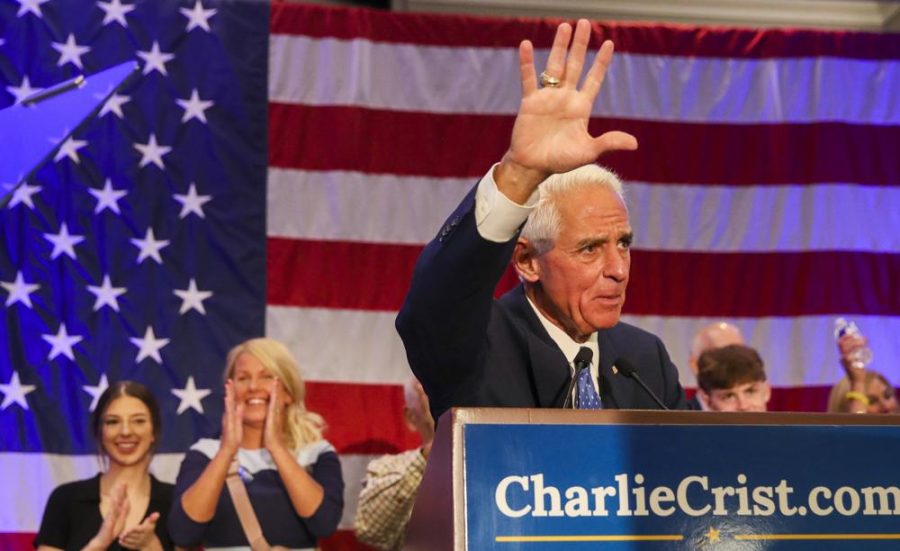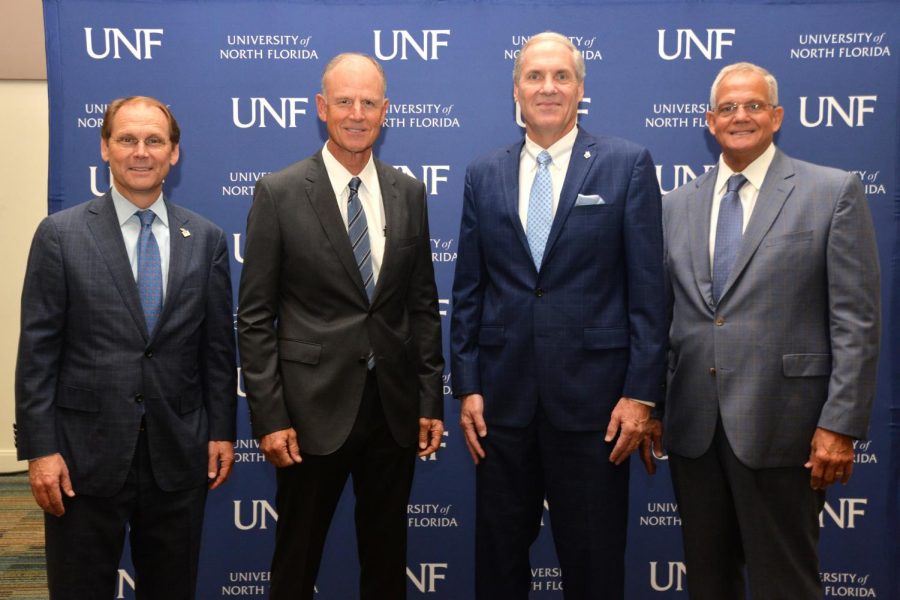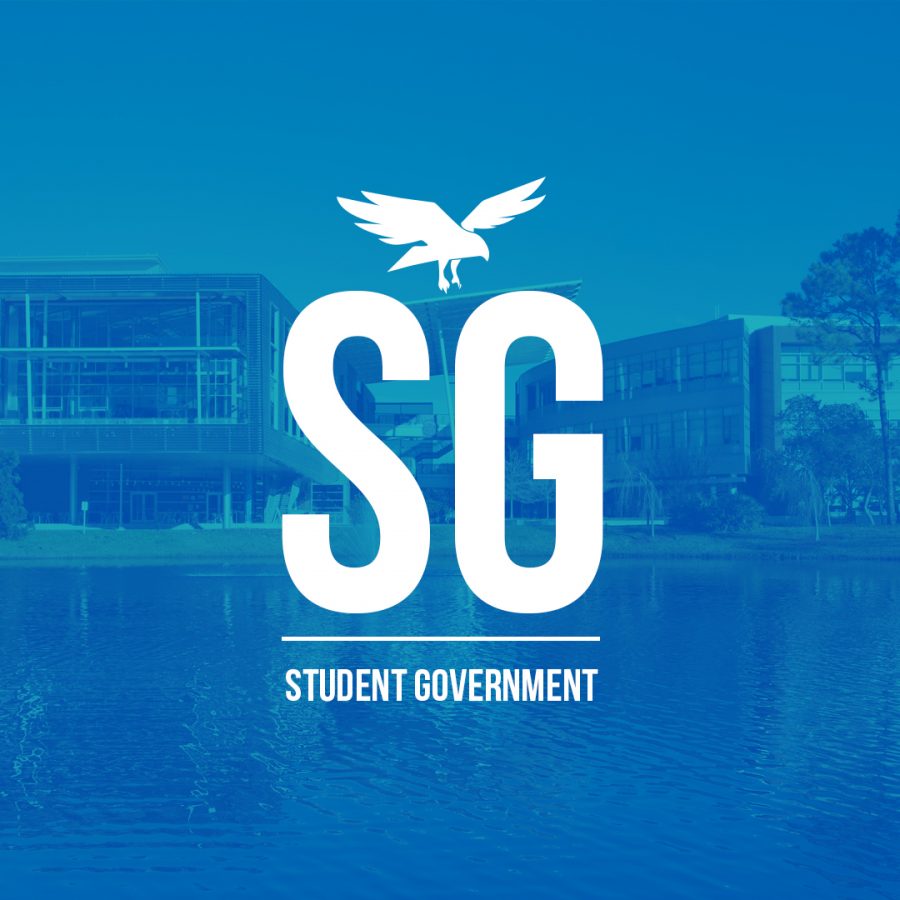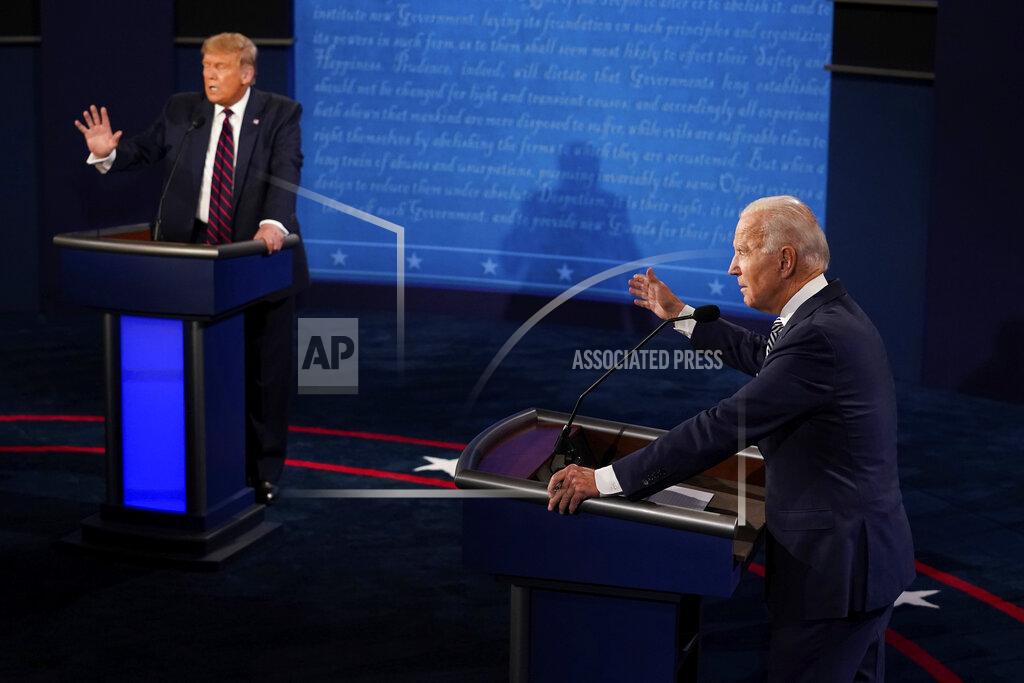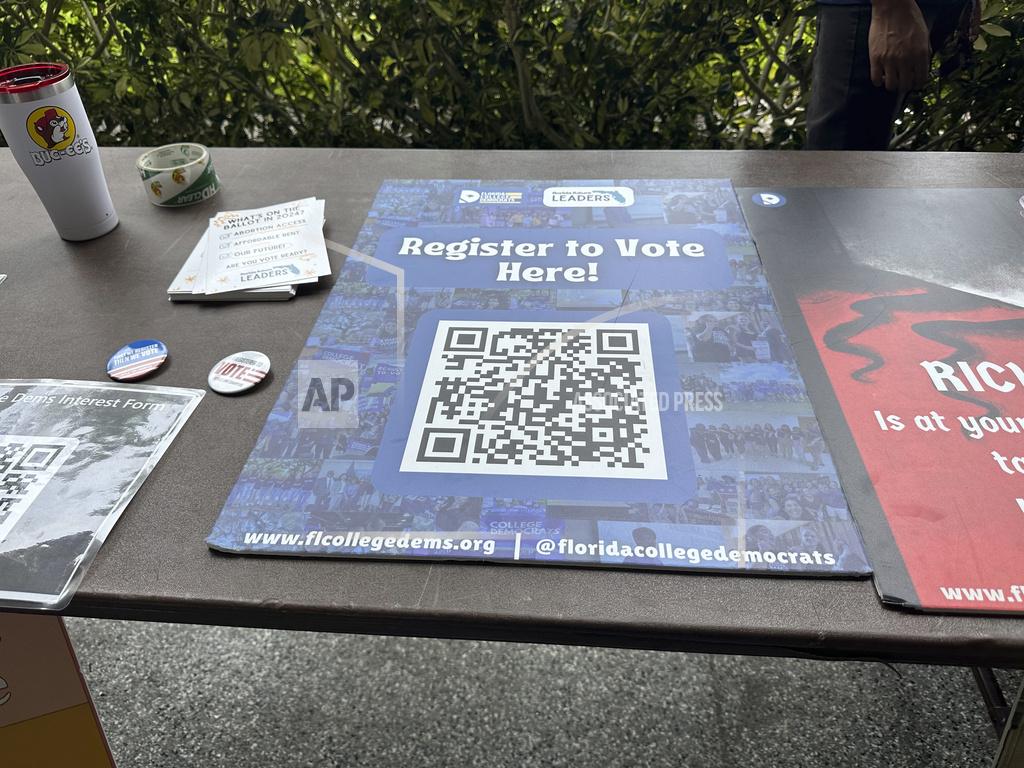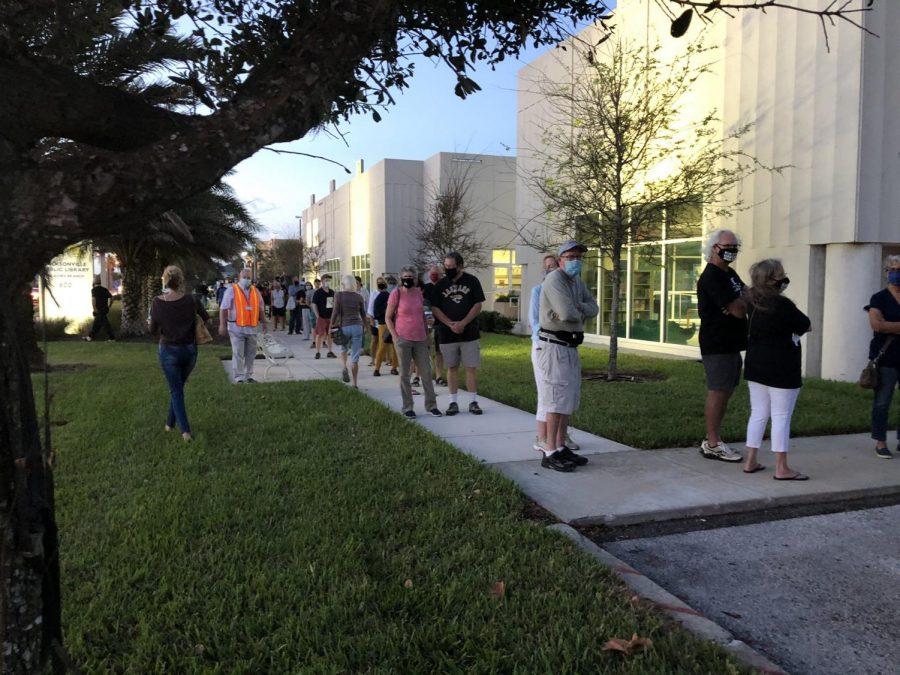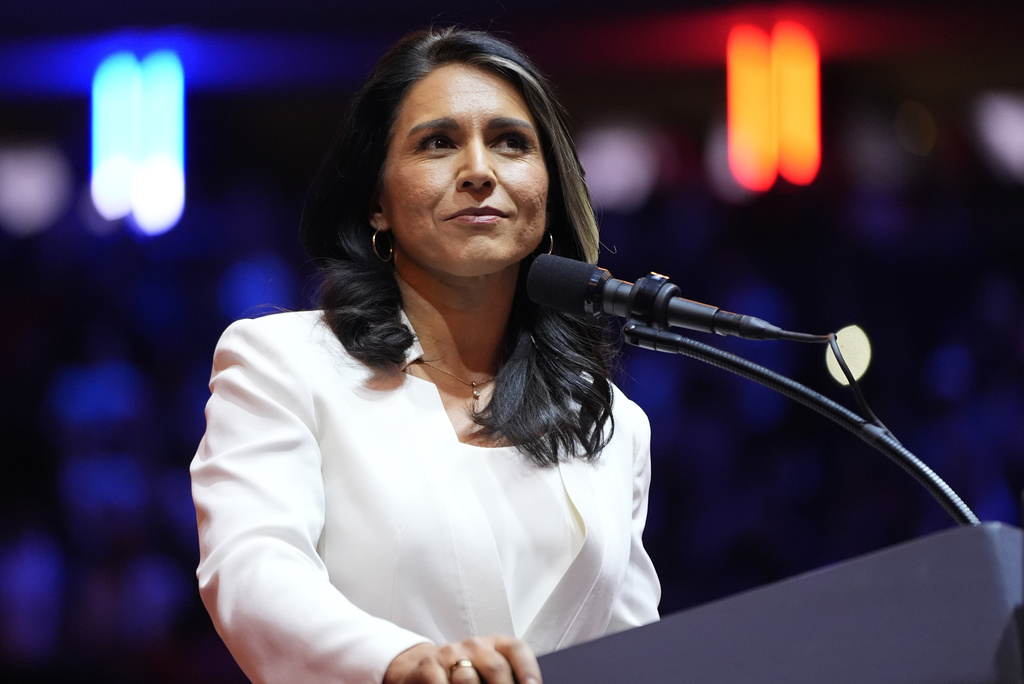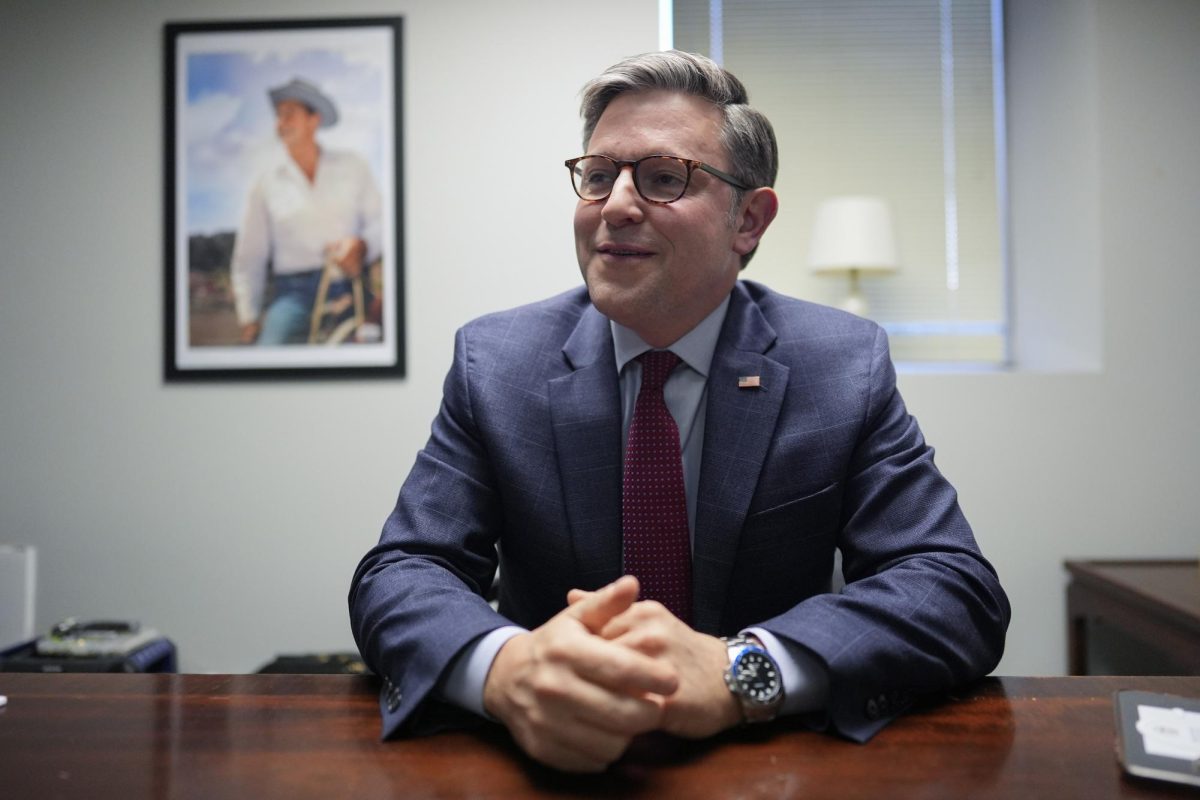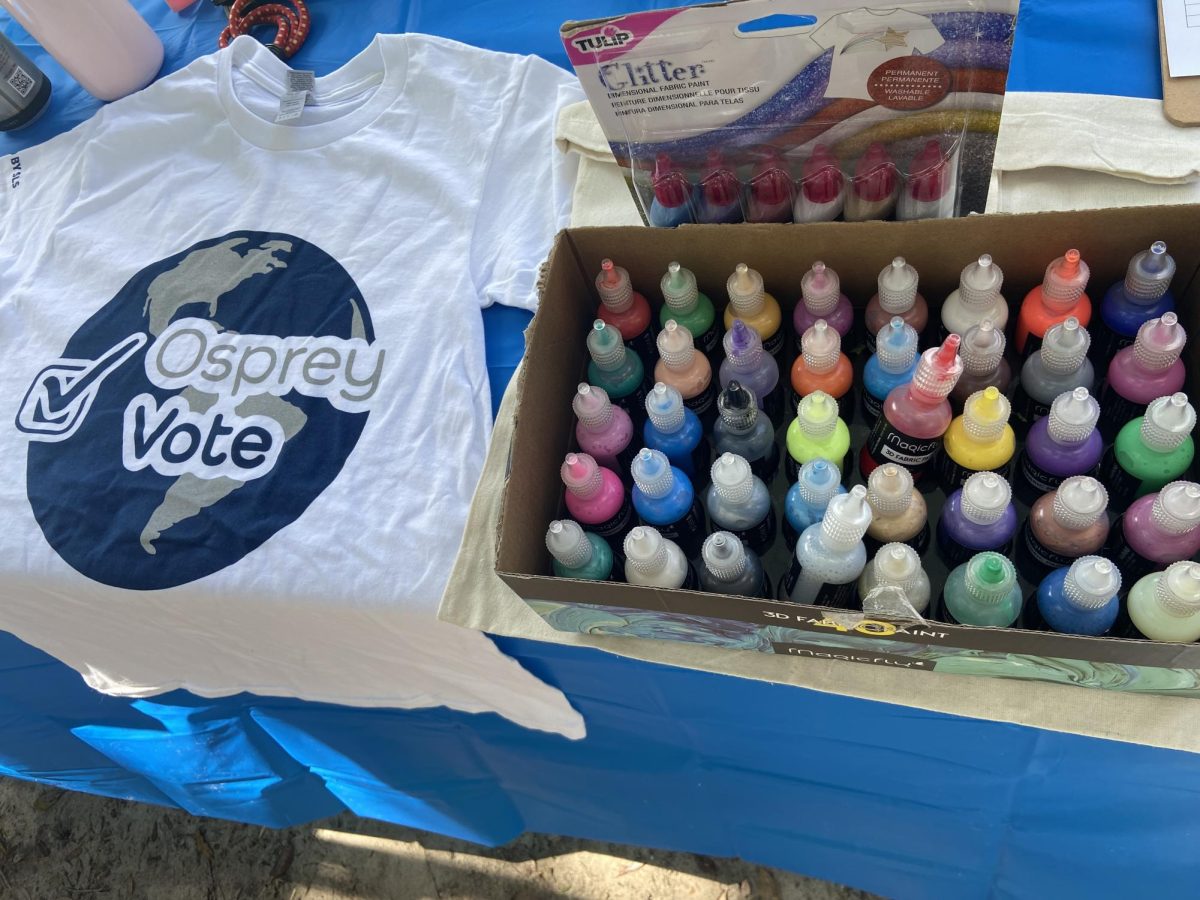Appearing to be equally invigorated, voting members of both the Democratic and Republican parties are in a tight race to see who will take hold of Congress come November 2018. Of course, as Florida is a swing state, it comes as no surprise that the current polls reflect the neck-in-neck race between Senate-candidates Democrat Bill Nelson and Republican Rick Scott. Candidates and voters alike, it appears, are fighting to get the edge over the opposing parties’ platforms.
Furthermore, the publics’ opinions on the current Trump administration are only one of many issues driving people to the polls in droves. So, if you’re wondering why certain people are backing a certain candidate for the open Senate seat, or if you’re wondering who you want to support to represent you, here’s a guide to each man’s respective political positions:
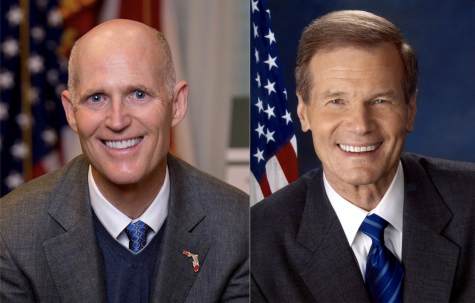
Bill Nelson (D):
The current incumbent Democratic senator, Bill Nelson, has been elected for three terms, giving him what is referred to as the “incumbency advantage.” According to his campaign website, Nelson’s “roots run deep in Florida,” as he also a fifth-generation Floridian. In sitting beside current Republican Senator Marco Rubio, Nelson’s Democratic seat made for an evenly divided party representation for Florida in the Senate.
Education:
Nelson reportedly promotes STEM learning in the classroom at an early age. According to his website, he believes this form of education should be implemented in early elementary schools in order to “begin preparing our students and readying our economy for jobs of the future with about 26 million U.S. jobs, or 20 percent of our workforce, requiring STEM skills.” Nelson also co-authored the American Innovation and Competitiveness Act in 2017, which improved several programs by way of improving gender, racial socioeconomic diversity in both STEM classroom as well as the federal workforce.
Economy/Jobs:
Nelson recently “introduced the Economic Modernization Act to assist Floridians affected by automation and globalization.” Moreover, he supports efforts to invest in STEM programs and education as a means of teaching skills and retraining members of the workforce to continue to create new jobs within the economy. He also openly believes that, by providing tax breaks and tax credits to workers looking to transition to new careers or industries, we may be able to better support those industries currently lacking in available workers.
Health Care:
One of the most blatant differences between the two candidates is their opposing opinions regarding healthcare. Nelson, in particular, believes in the Affordable Care Act’s ability to help millions of Floridians find health care. He aims to protect people from Medicare and Medicaid cuts and “[works] to keep drug prices low” and wants to ensure that “Floridians with preexisting conditions have access to health care.”
The Environment:
According to his website, “Bill Nelson stands up to big polluters and corporations to fight and protect Floridians from the growing dangers of climate change,” and continues to push in favor of renewable energy. And while both Senate candidates ardently support efforts to protect Florida’s environment, the big difference is that Nelson is vocal about his legislative efforts to allow scientists to study climate change, as well as separate it from “political interference or censorship.” Like Scott, he also wants to protect Florida coastlines and beaches, as well as support communities who have been hard hit by hurricanes and other natural disasters.
Rick Scott (R):
After completing two four-year terms as governor, Rick Scott, currently serving as the 45th Governor of Florida, is running as a Republican candidate for the Florida Senate. Not only does he challenge Nelson’s incumbent seat but, if he is elected, he will make what was Florida’s one Democratic Senate seat switch to Republican, leaving Florida a primarily “red” state.
Education:
Scott, according to his website, benefitted from public education and thus seeks to ensure and improve it. Following the Parkland shooting at Marjory Stoneman Douglas High School, he also “called emergency meetings with experts in law enforcement, education and mental health and passed major legislation to make Florida schools safer, provide more funding for mental health services, and keep guns out of the hands of mentally ill and dangerous individuals.”
Economy/Jobs:
During Scott’s time as governor, “more than $10 billion in taxes have been cut for Florida’s families and businesses.” He reportedly has voice strong support for the state’s growing tourism industry and has fought to establish Florida as a global destination for job creation. While he says he acknowledges that the government does not create jobs, he says that “what [the] government can do, and what Governor Scott did in Florida, is create the environment for business to thrive.”
Health Care:
Where Nelson has named himself a champion of the Affordable Care Act, Scott has been a champion to those in favor of repealing it. Scott believes that “the real problem with health is that costs continue to rise,” and he wants to remove Obamacare’s mandates and taxes, allow insurances to be sold across state lines, protect those with preexisting conditions and let young adults stay on their parents’ plans until the age of 26.
The Environment:
Rick Scott, according to his website, is open about his intentions to invest in protecting Florida’s environment. For instance, when Congress did not commit to repairing the federal Herbert Hoover Dike at Lake Okeechobee, Scott “fought for and secured $50 million in state funding to speed up repairs to the Herbert Hoover Dike – becoming the first Florida governor to invest state dollars to expedite repairs to this federal project.” Scott has also declared a state of emergency in response to red tide and fought to directly support the communities affected by it.
To learn more about Senator Bill Nelson’s stances, click here.
To learn more about Governor Rick Scott’s stances, click here.
The general midterm election takes place on Tuesday, Nov. 6.
For more election coverage, check out Spinnaker’s breakdown here.
—
For more information or news tips, or if you see an error in this story or have any compliments or concerns, contact editor@unfspinnaker.com.




